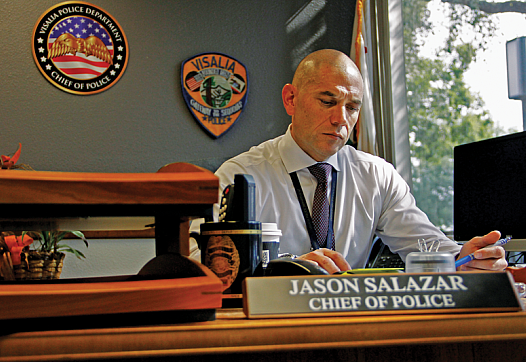
This article was produced as a project for the USC Annenberg Center for Health Journalism’s 2018 California Fellowship.

This article was produced as a project for the USC Annenberg Center for Health Journalism’s 2018 California Fellowship.

One year later, residents fear those in power may forget the unincorporated town of Bloomington, Texas, where there isn’t a local government to fight for grant money or resources to rebuild.
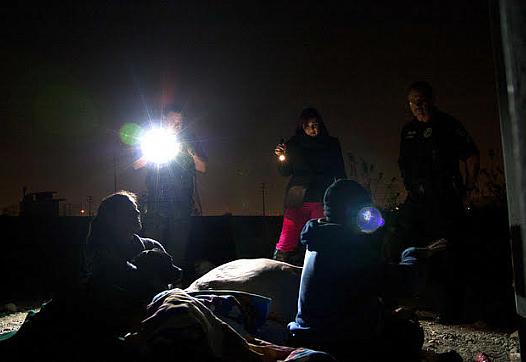
A data journalism project turns into a lesson in how even data from authoritative sources can be misleading.
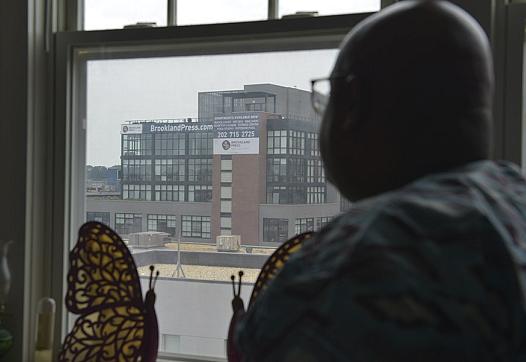
In Washington, D.C., the rush to capitalize on the influx of more affluent residents is having long-term effects on the health of residents young and old.
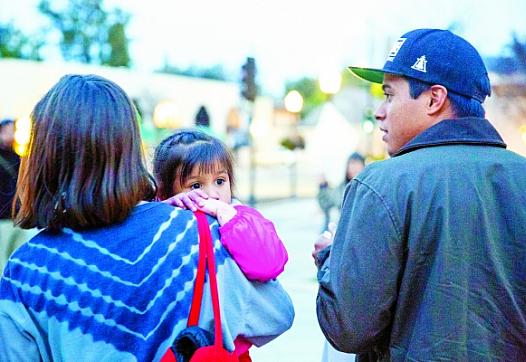
This story was produced as part of a project for the 2017 California Data Fellowship, a program of the USC Center for Health Journalism.
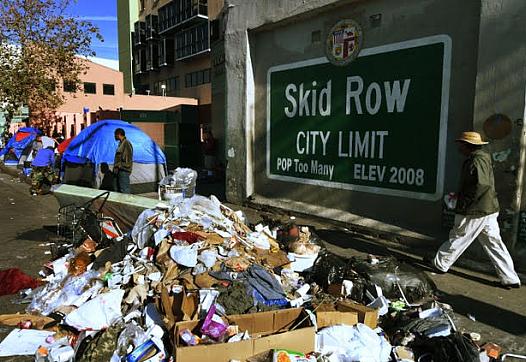
The expansion of Medicaid has been key to getting more homeless people permanently housed in Los Angeles and beyond.

Pharmacy deserts are a growing problem in Chicago. Tribune reporter Eseosa Olumhense discusses how she reported on the worrying trend.
![[Photo by jsnsndr via Flickr.]](/sites/default/files/styles/teaser_list_thumbnail_large/public/title_images/unnamed_178.jpg?itok=Fva1eNZh)
The homeless count is at a record high in Sacramento, with more children on the streets as families on the margins are priced out of housing. Shelters also say they're taking in senior citizens without a home for the first time.
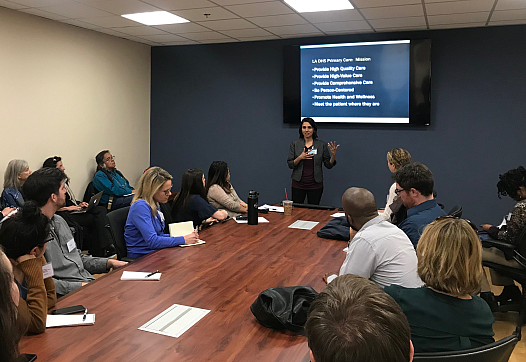
At LAC+USC Medical Center, primary care doctors now routinely ask patients about things such as food, housing and mental health, with teams of providers ready to connect them to services.